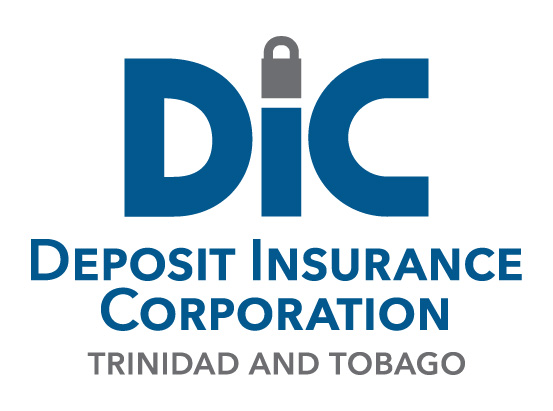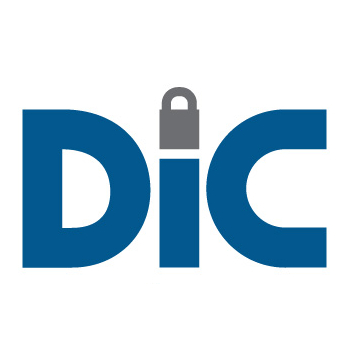The DIC determines from the records of the institution how much a depositor should be paid, based on the principal balance on account with the institution, along with interest accrued up to the date of the institution’s closure. If this amount is not what the depositor expects to receive, the depositor must then provide proof to the DIC to substantiate his or her claim.
Frequently Asked Questions
- When is the Liquidator appointed?
- How is a depositor notified of the date and place of payment of his or her claim after an institution is closed?
- If two or more persons, for example a husband and wife, have, in addition to the individually owned accounts of each, a valid joint account in the same insured institution, is each account separately insured?
- What is a Liquidator’s certificate?
Did You Know?
- Misconception: The uninsured balance, being that portion of deposit/(s) over TT$200,000 for which a certificate was issued, would never be honoured by the DIC. - Fact: A liquidator’s certificate is issued to the depositor by the Corporation for the unsecured balance being that portion of the deposit over TT$200,000. If, the realizations from the disposal of assets net of the subrogated claim of the deposit insurer results in a surplus, then unsecured balances would be …




